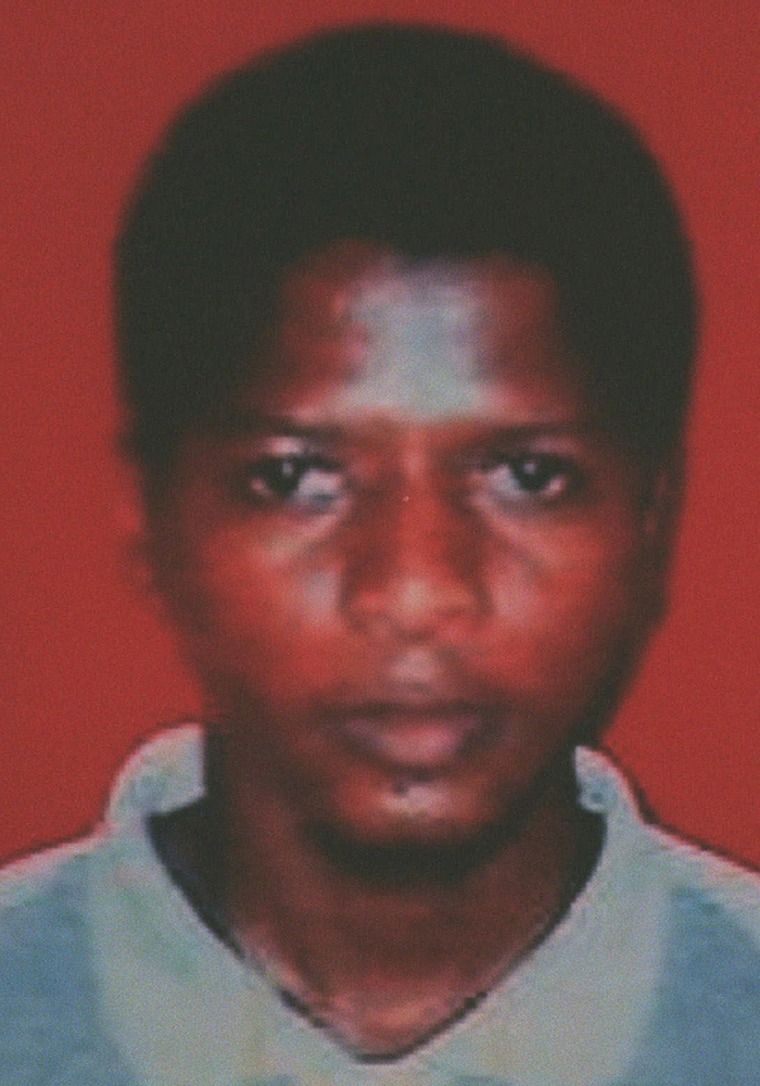Military lawyers can defend a Guantanamo detainee in federal court against charges that he participated in the bombing of two U.S. embassies in Africa, a federal judge said Tuesday.
U.S. District Judge Lewis A. Kaplan urged the government to try to determine within a week whether Marine Col. Jeffrey Colwell and Air Force Maj. Richard Reiter would be permitted to defend Ahmed Ghailani. Both were seated in the Manhattan courtroom.
"I don't see any reason I would not grant their permission to appear," Kaplan said, saying he would be surprised if the Defense Department did not approve. The lawyers' superior officers would also have to approve.
He also urged the government to decide as quickly as possible whether it will seek the death penalty against Ghailani if he is convicted of conspiracy. He also said he expected that Ghailani would face a trial next year. The government has estimated the trial would last at least three months.
Ghailani, a Tanzanian, became the first Guantanamo detainee to be brought to a U.S. civilian court for trial when he arrived in Manhattan a week ago to face charges in the August 1998 bombing of two U.S. embassies in Africa.
Authorities accused Ghailani of being a bomb-maker, document forger and aide to Osama bin Laden when the al-Qaida bombings killed 224 people — including 12 Americans — at the U.S. embassies in Tanzania and Kenya.
He was categorized as a high-value detainee by U.S. authorities after he was captured in Pakistan in 2004, and he was transferred to the detention center at the U.S. naval base in Cuba two years later.
Kaplan on Tuesday also dismissed Ghailani's civilian lawyer Scott L. Fenstermaker, who claimed the government had obstructed his attempts to represent his client for much of the last two years.
Kaplan said he had taken into consideration Fenstermaker's claims but had concluded that his relationship with Ghailani was not strong enough for him to be appointed to the case at taxpayer expense.
Gregory Cooper, another civilian lawyer, was appointed instead.
Assistant U.S. Attorney David Raskin did not respond to Fenstermaker's allegations.
During Tuesday's hearing, Ghailani politely answered Kaplan's questions in English as the judge determined that he was eligible to be assigned lawyers at taxpayer expense.
